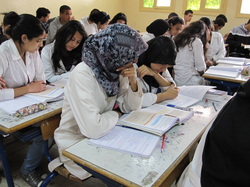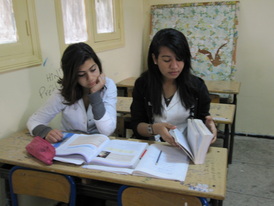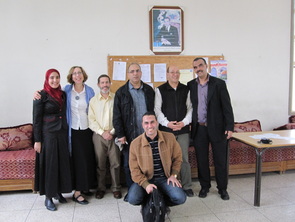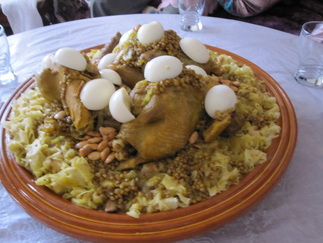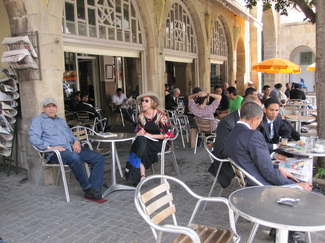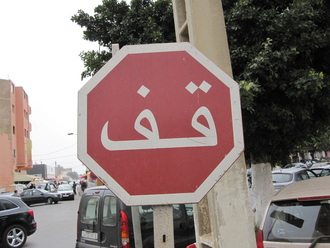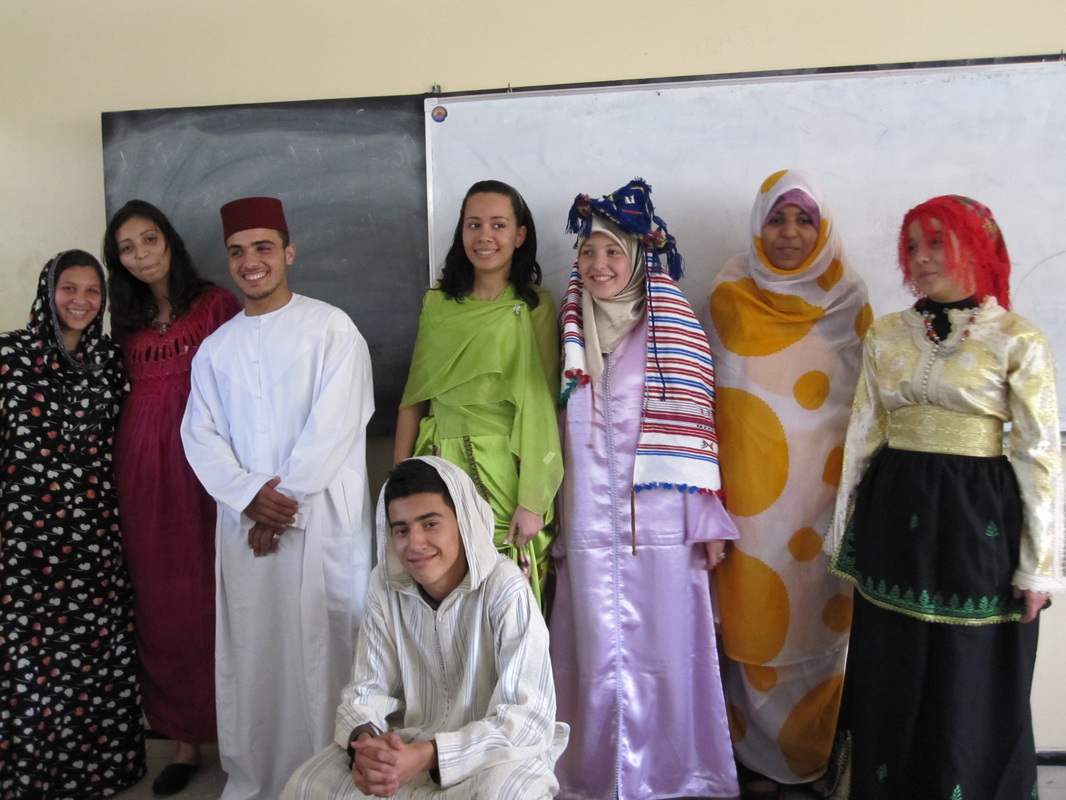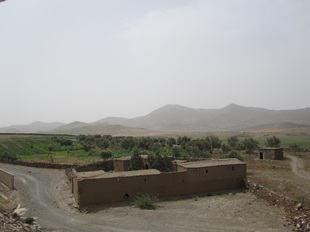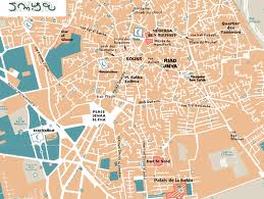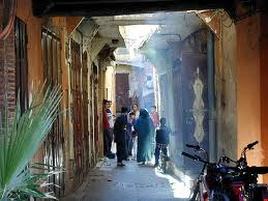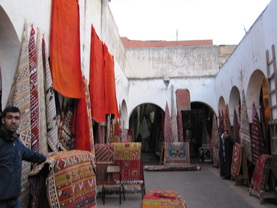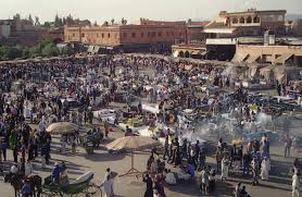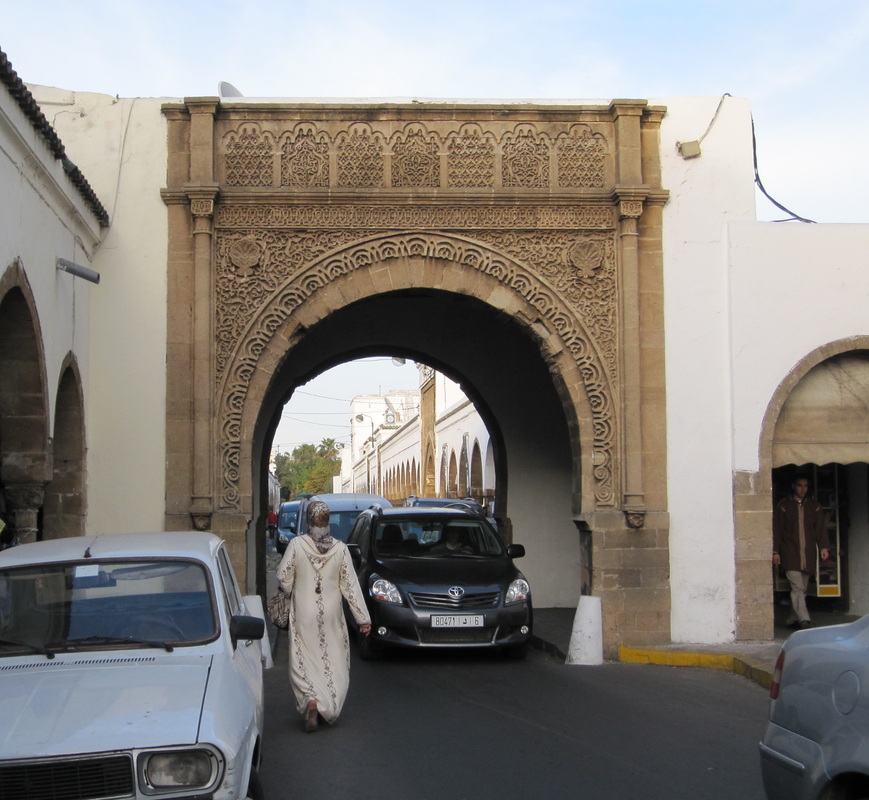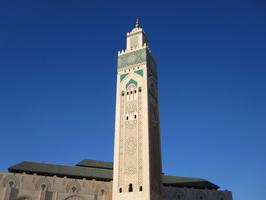
Islam is the glue that binds Moroccan culture. It is a common thread that ties 95% of the population. We don’t really have anything like that in America, something of which we can say, “we are all …” In America we value our differences, but they are often divisive.
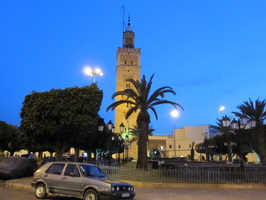
There are also many components of Islam that have a positive social influence. One example is a strong emphasis on the family. You are much more likely to hear a Moroccan say, “we” than our favorite American pronoun, “I.” More generally, Moroccans seem to have a stronger sense of community. Of course there is the other edge of the sword: you don’t see as much individuality or cultural independence.
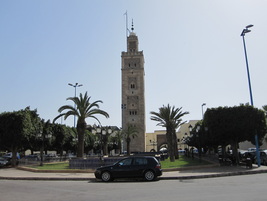
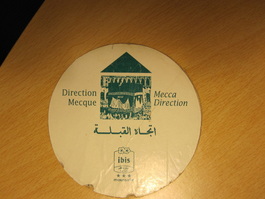
Click on the link to listen to a call to prayer.
